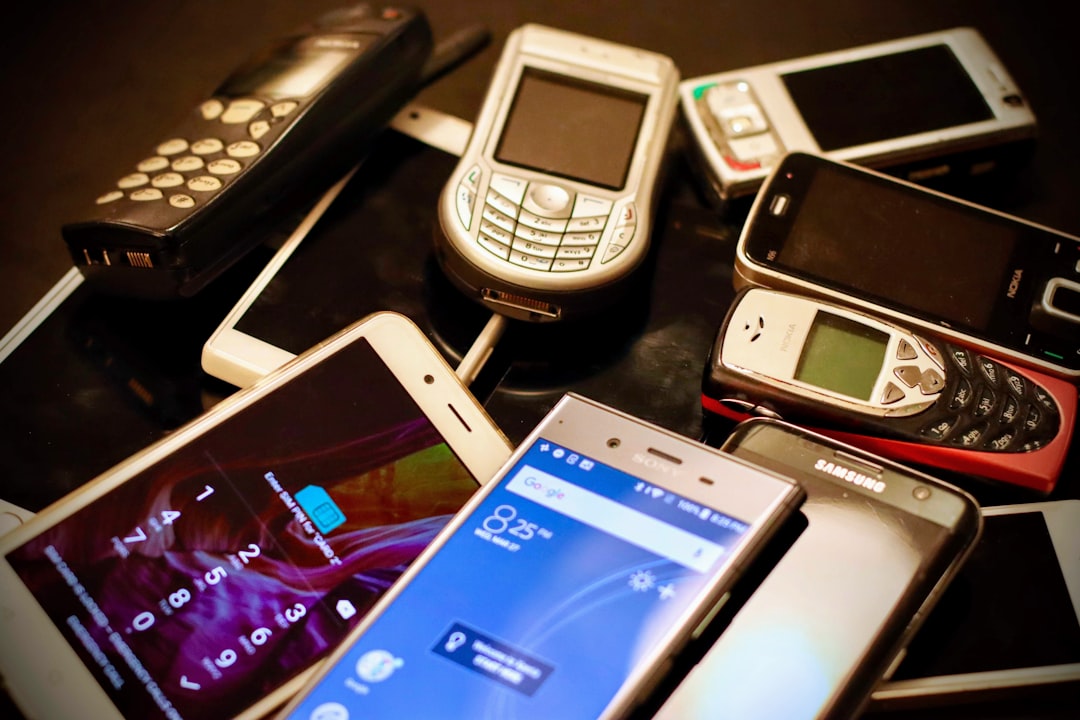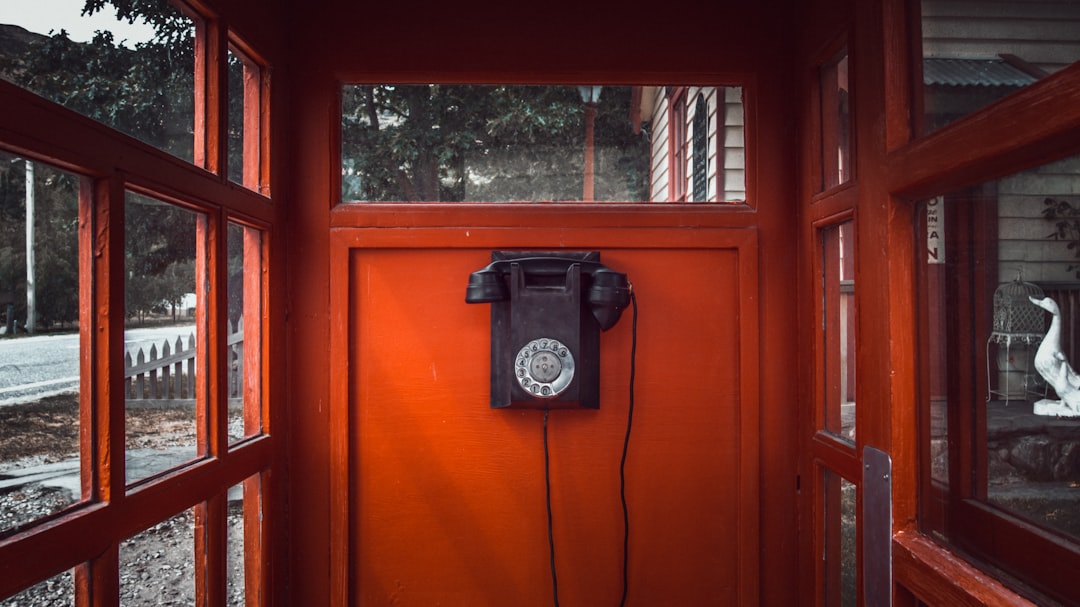Spam calls, particularly those violating the Telephone Consumer Protection Act (TCPA), have reached epidemic levels in Louisiana, disrupting emergency services and public safety. Advanced automated systems randomly dial numbers, causing a surge of unsolicited messages. This issue hinders first responders' ability to manage genuine emergencies effectively. A lawyer for TCPA Louisiana is crucial for businesses seeking compliance with these regulations, offering guidance on consent acquisition, do-not-call lists, and risk mitigation. Emergency services also face challenges distinguishing legitimate calls from spam, leading to potential delays and resource wasting. Advanced AI call filtering, staff training, and collaboration with telecom providers are essential strategies. Legal frameworks like the TCPA play a vital role in deterring spammers, and specialized lawyers ensure compliance, protect against lawsuits, and minimize financial penalties.
In today’s digital era, emergency services face unprecedented challenges from spam calls, disrupting operations and endangering lives. This article delves into the growing problem of spam and its impact on critical services, exploring strategies to mitigate this nuisance. We examine the Telemarketing Consumer Protection Act (TCPA) and its role in regulating spam calls, focusing specifically on Louisiana’s legal landscape. By understanding the challenges and implementing effective solutions, emergency responders can enhance their systems and protect their communities from malicious interactions, ensuring a safer environment for all. Additionally, we emphasize the importance of consulting a lawyer specialized in TCPA Louisiana to navigate these complex regulations.
Understanding Spam Calls and Their Impact on Emergency Services

Spam calls, often characterized by repetitive or unsolicited messages, have become a prevalent issue, particularly impacting emergency services. These calls can disrupt critical operations and create challenges for first responders, potentially endangering lives. In the context of Louisiana, where individuals seeking legal counsel for TCPA-related matters might turn to specialized attorneys, understanding this problem is crucial.
Emergency service providers often struggle with managing high volumes of spam calls, which can lead to delayed responses during genuine emergencies. This issue arises from automated systems that dial random numbers en masse, making it difficult to distinguish between legitimate emergency calls and unwanted spam. As a result, valuable resources are diverted away from real crises, emphasizing the need for effective strategies to combat this growing problem.
The Role of TCPA (Telemarketing Consumer Protection Act) in Regulating Spam

The Telemarketing Consumer Protection Act (TCPA) plays a pivotal role in regulating spam calls and protecting consumers in Louisiana and across the nation. This federal law was enacted to curb abusive telemarketing practices and give consumers control over their phone lines. Under the TCPA, businesses must obtain explicit consent from individuals before making automated or prerecorded calls, including those for marketing purposes. Failure to comply can result in significant legal repercussions, with penalties reaching up to $1,500 per violation.
A lawyer specializing in TCPA Louisiana is crucial for businesses navigating these regulations. These legal experts can advise on obtaining proper consent, implementing do-not-call lists, and ensuring compliance to avoid costly mistakes. They help interpret the complex law, providing guidance on best practices to minimize risks and protect consumer rights.
Challenges Faced by Emergency Services in Handling Spam Calls

Emergency services often face unique challenges when it comes to managing spam calls, which can significantly impact their ability to respond effectively to genuine emergencies. One of the primary difficulties is distinguishing between legitimate emergency requests and nuisance calls, especially with the increasing sophistication of spamming techniques. Automated systems and voice over IP (VoIP) technologies make it harder for dispatchers to verify call sources, potentially leading to delays in responding to real emergencies.
Additionally, spam calls can overwhelm existing resources, as dispatchers must sift through numerous false alerts to find genuine cases. This not only wastes valuable time but also directs attention away from critical incidents. Moreover, the constant barrage of spam calls may desensitize the public to emergency services, potentially reducing the likelihood of people reaching out during actual crises. Seeking legal counsel from a TCPA Louisiana lawyer can help emergency services understand their rights and obligations regarding spam call management while ensuring compliance with relevant regulations.
Effective Strategies for Managing Spam: A Comprehensive Guide

In today’s digital era, emergency services often face an unprecedented surge in spam calls, posing significant challenges to their operations and the public’s safety. Effective strategies are imperative to mitigate this issue, ensuring efficient call management and protection against malicious or nuisance communications. One key approach involves implementing advanced call filtering systems that leverage artificial intelligence to identify and block spam attempts in real-time. These technologies can learn and adapt, recognizing patterns associated with spam calls and allowing for more accurate screening.
Additionally, a comprehensive guide should include training programs for staff to recognize and handle spam calls effectively. Educating emergency service representatives about the various tactics used by spammers can empower them to make informed decisions when managing incoming calls. Encouraging the use of verified communication channels and promoting two-way authentication methods among users can also significantly reduce the volume of spam. Moreover, collaborating with telecom providers and leveraging legal frameworks, such as the TCPA (Telemarketing Consumer Protection Act) in Louisiana, is crucial to establishing robust policies and penalties for spammers, ultimately deterring unwanted calls.
Legal Implications and the Importance of a Lawyer for TCPA Louisiana

In the context of handling spam calls, especially in Louisiana, understanding the legal implications is paramount. The Telephone Consumer Protection Act (TCPA) is a federal law designed to protect consumers from certain types of telemarketing practices and unwanted phone calls. Violations of this act can lead to significant financial penalties for emergency services or any organization engaging in spamming activities. A lawyer specializing in TCPA Louisiana is an invaluable asset, as they can guide organizations on compliant call practices, ensuring minimal legal risks.
Having a legal expert in this field assists in navigating the complex regulations surrounding robocalls and automated messages. They can help draft agreements that respect consumer privacy and consent, which are essential for avoiding TCPA-related lawsuits. Furthermore, a lawyer can represent the organization in case of disputes or investigations, offering strategic advice to mitigate potential damages and maintain compliance with Louisiana’s strict telemarketing laws.






